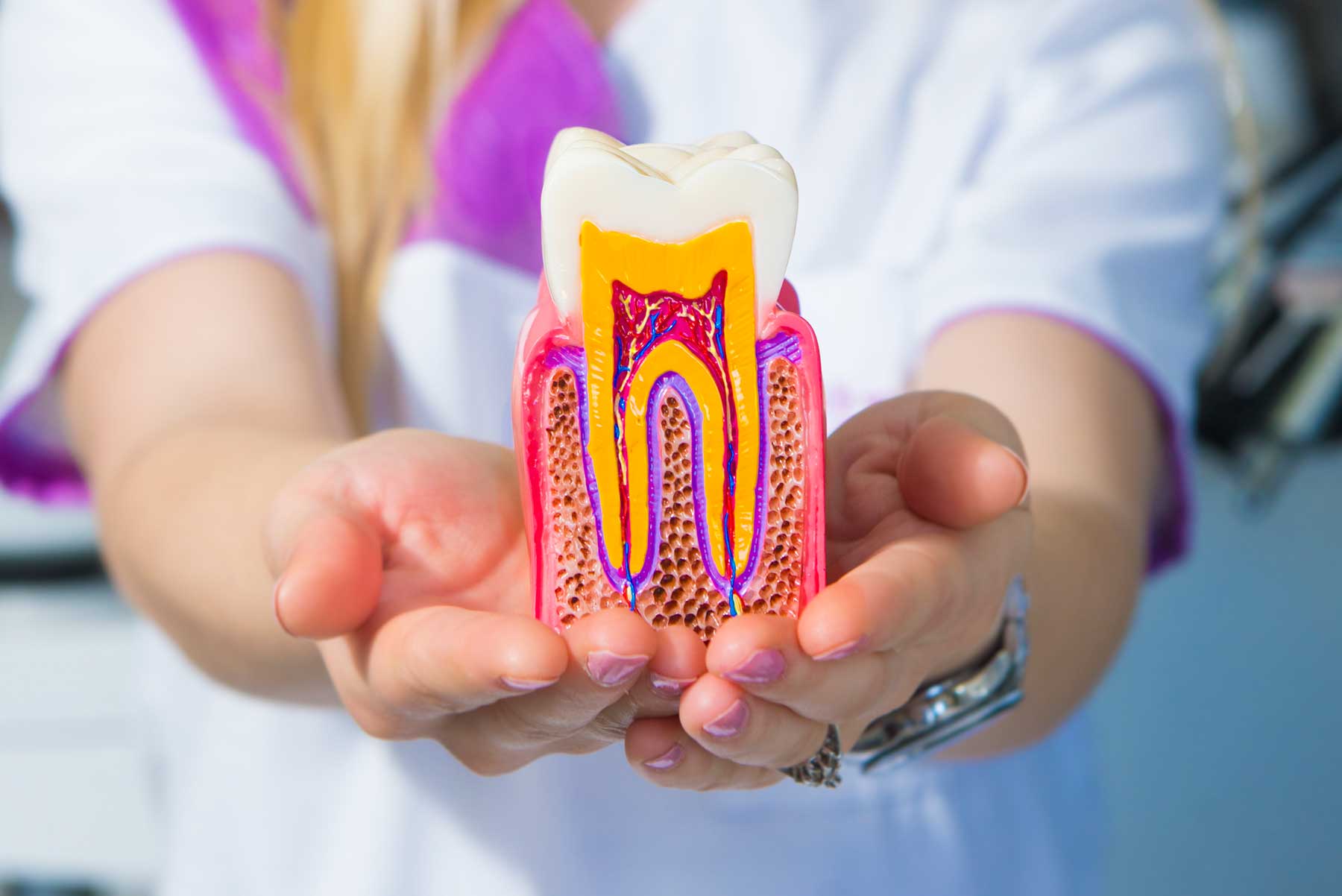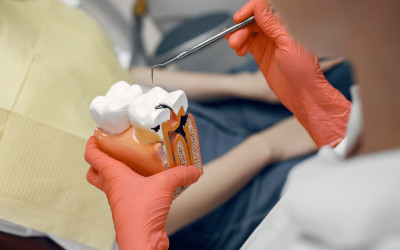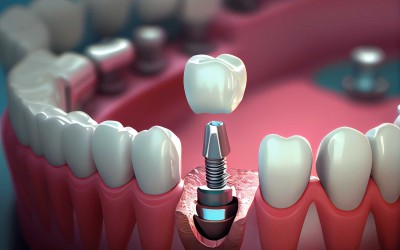Frequently Asked Questions About Root Canal Treatment

Frequently Asked Questions About Root Canal Treatment
- 27 November 2022
- 4665 views
Root canal treatment is a dental treatment applied to severely decayed teeth, which includes the removal of the soft center of the tooth, the pulp.
This content is for informational purposes only and does not replace medical advice, diagnosis, or treatment. Please consult a healthcare professional for any health concerns.
Table of Contents
Since root canal treatment is mostly seen as a painful procedure, most patients tend to delay the treatment process. However, thanks to modern techniques, root canals can be treated painlessly and comfortably after one or two sessions. You can have detailed information about the treatment by taking a look at the answers to frequently asked questions about root canal treatment.
What is Root Canal Treatment?
Canal treatment , which is frequently applied in dentistry , is a dental treatment that involves the removal of the soft center of the tooth, the pulp. In most cases, treatment is carried out using local anesthesia. In this way, no pain or pain sensation occurs during the treatment.

In Which Situations Should Root Canal Treatment Be Applied?
Deep caries and cracks in the dental bone are the main conditions that require root canal treatment. In cases where the tooth is damaged too much to heal, the pulp part is removed to protect the tooth.
The main symptoms of conditions that require root canal treatment are as follows:
- Swelling in the face and neck
- Swelling of the gums
- Pain when chewing or biting
- Pimple-like scar formation on the gums
- Darkened gums
- Cracked teeth
- Reflected toothache
- Tooth sensitivity, especially to hot or cold
- Deep bruises
What are the Advantages of Root Canal Treatment?
Canal treatment is a treatment performed to save the tooth without tooth extraction. Its advantages are as follows:
- Tooth loss is prevented by intervening without weakening the weak bond between the tooth root and the jaw.
- By penetrating from the root of the tooth to the jawbone, the infection is intervened without forming an abscess.
- Many methods are used to support the tooth root with applications such as fiber post. In this way, teeth that cannot be filled can be saved.
What are Canal Treatment Steps?
The treatment in question is carried out in 3 stages. These stages are as follows:
- Cleaning the root canal: The dentist removes everything inside the root canal.
- Filling the root canal: After cleaning the root canal, the dentist cleans the hollow area using small files and irrigation solutions. He then fills the tooth with a rubber-like material, using a sticky substance to seal the channels completely.
- Adding or filling a crown: Even if the root canal is filled, the tooth will now be more fragile than before. After a crown or filling is made, the person can use the tooth as before.
Is Pain Felt During Canal Treatment?
Since local anesthesia is applied during the treatment, the patient does not experience any pain or ache. In this way, a comfortable treatment process is passed. Therefore, the belief that root canal treatment is a painful treatment is completely wrong.
Is There Any Pain After Canal Treatment?
Canal treatment is a treatment applied to relieve pain and save the tooth. Especially if there is pain or infection before the procedure, sensitivity may be felt in that tooth for a few days. This sensitivity or discomfort can usually be controlled with over-the-counter pain medications such as ibuprofen or naproxen. Most patients return to their normal activities the next day.
What Should Be Considered After?
Your dentist will tell you in detail what you need to pay attention to after canal treatment. The main points you should pay attention to are as follows:
- If it does not end in the first session, you should avoid using the related tooth until the treatment is finished. It is normal for the beginning to feel pain, especially when you press or touch the involved tooth.
- Even if it is completely gone, you should not eat or drink anything for at least two hours after the procedure. Your doctor may extend this period according to the type of anesthesia performed or the type of filling applied on it.
When it comes to oral and dental health, it is very important to visit the dentist at regular intervals, as well as the general care rules such as regular tooth brushing, dental floss and the use of antiseptic mouthwash. Therefore, you should not neglect regular examinations.







